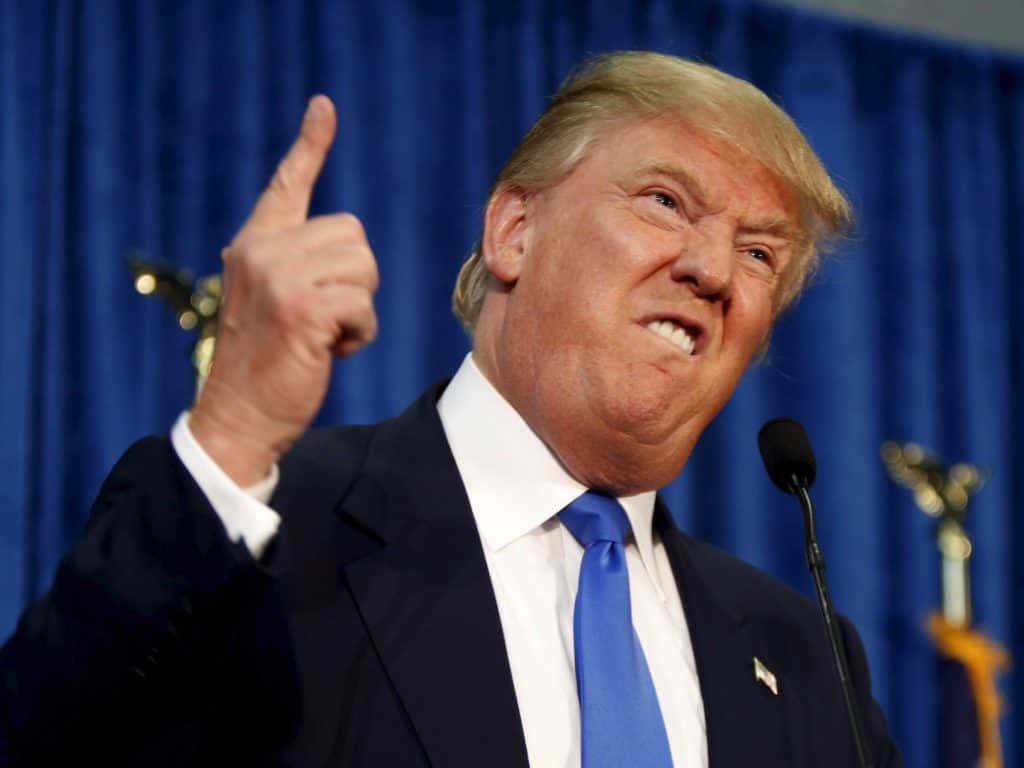Having been given the green light the day before by President Trump, the Turkish army’s invasion of northern Syria began on October 8.
The invasion is not simply an additional military episode in a Middle East that has become totally disrupted since the catastrophic American invasion of Iraq in 2003. This is not an incident with purely regional consequences. It is a crucial event that reveals two major trends in contemporary geopolitics.
On the surface, one might think that the issue is limited to the Turkish President’s desire to destroy Rojava, the region in almost autonomous rule by the anti-Islamist Syrian Kurds for seven years, and replace it with a 30 km wide border corridor, where the three and a half million Syrian refugees who fled Turkey’s civil war in their country would be resettled.
Mr Erdogan refers to the progressive Syrian Kurdish militiamen of the YPG (People’s Protection Units) as “terrorists”, on the pretext that they are ideologically close to the PKK (the Kurdish autonomist movement operating in eastern Turkey, sometimes using terrorist methods).
This accusation of terrorism does not hold up against the YPGs. They have never attacked Turkish territory, which borders them to the north. To show their goodwill, they even agreed in July 2019 to withdraw from the border in a 4 km wide strip so that mixed Turkish-American patrols could be tried.
In fact, this situation goes much deeper.
First, it dramatically exposes America’s disengagement from the Middle East. To fight the Islamic state, the Pentagon had deployed some 1,200 special forces soldiers (supported by French and British contingents a quarter of the size) to Syrian Kurdistan. After the YPD heroically resisted the Islamic State’s siege of Kobané (September 2014-January 2015), these Western soldiers trained and equipped them so that they could liberate all the territories held by Daesh.
Western aircraft operated from above, but on land, it was the 70,000 Syrian Kurds of the YPD who took over the cities held by fanatical Muslims, such as Raqqa, a city of 200,000 inhabitants, that was liberated in October 2017.
Without any prior consultation with Western leaders, the American president suddenly decided to withdraw his troops from northern Syria and to abandon his local allies. Beyond the shakiness of their military alliance with the US, Europeans are waking up to a real Turkish problem.
The new sultan does not hesitate to engage in explicit blackmail. In public, in front of his party militants, Mr Erdogan threatened European leaders in the most brutal way: “If you call my anti-terrorist operation an invasion, I will allow millions of Syrian refugees into your territory!”.
This has the merit of being clear. Knowing that European countries face serious problems in integrating Muslim immigration into their territories, and that their leaders are paralysed by the idea of a resumption of a flow comparable to that of 2015, Erdogan brutally reminds them that he controls the locks and that he can open or close them at its discretion. But there is more.
Mr Erdogan is not just a neo-Ottoman nationalist, he is also a Muslim Brother. Islamism does not frighten him because he is an Islamist himself.
Syrian Kurds cannot both fight the Turkish invasion and continue to guard the camps where Islamic state militants were held (more than 100,000 human beings including women and children).
Some jihadists, very dangerous for us because they carry European passports, have already vanished into thin air. Donald Trump said that it was not his problem, but the Europeans’. Can we trust Mr Erdogan to hunt them down for the purpose of re-educating them in the love of European liberal values? Doubtful. During tours on European soil, he held meetings with the Turkish diaspora, males on one side and women (veiled) on the other.
He never preached assimilation to his compatriots who had chosen to live in the West. Turkey is part of NATO, a club all of which all but two members are European.
Since it no longer shares its values, how long can it stay there? Fortunately, not all Turks are Muslim Brothers. Many, such as the new mayor of Istanbul, are attached to the secularism inherited from Atatürk. But as long as Erdogan remains in power in Ankara, Europe will not solve its Turkish problem.
This article was first published in Le Figaro.





